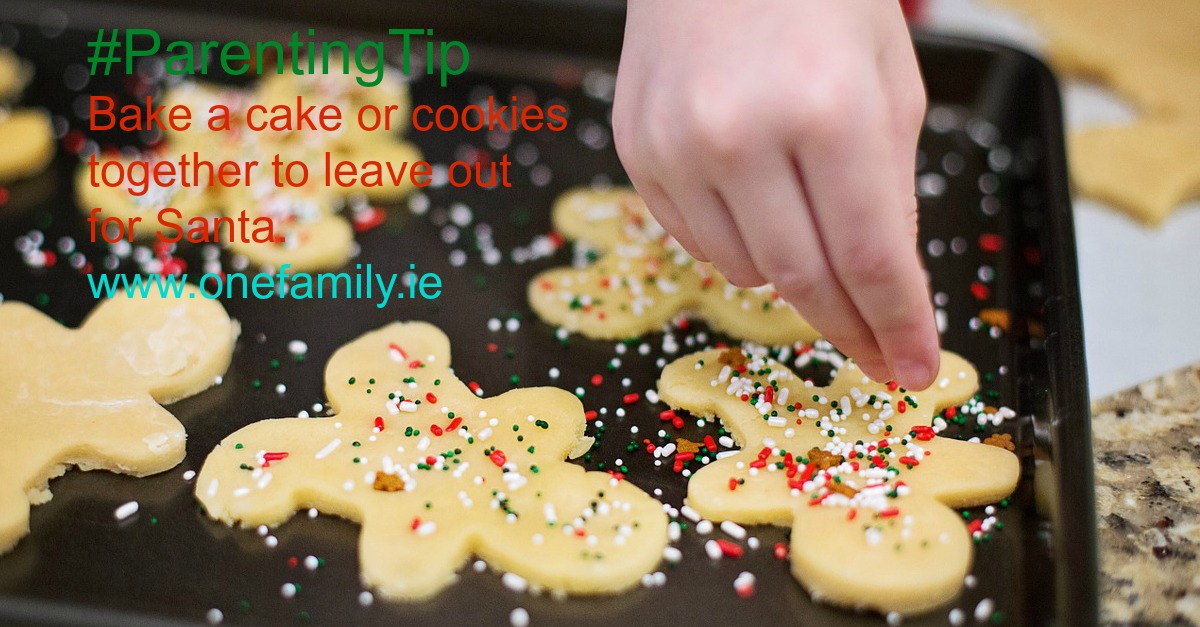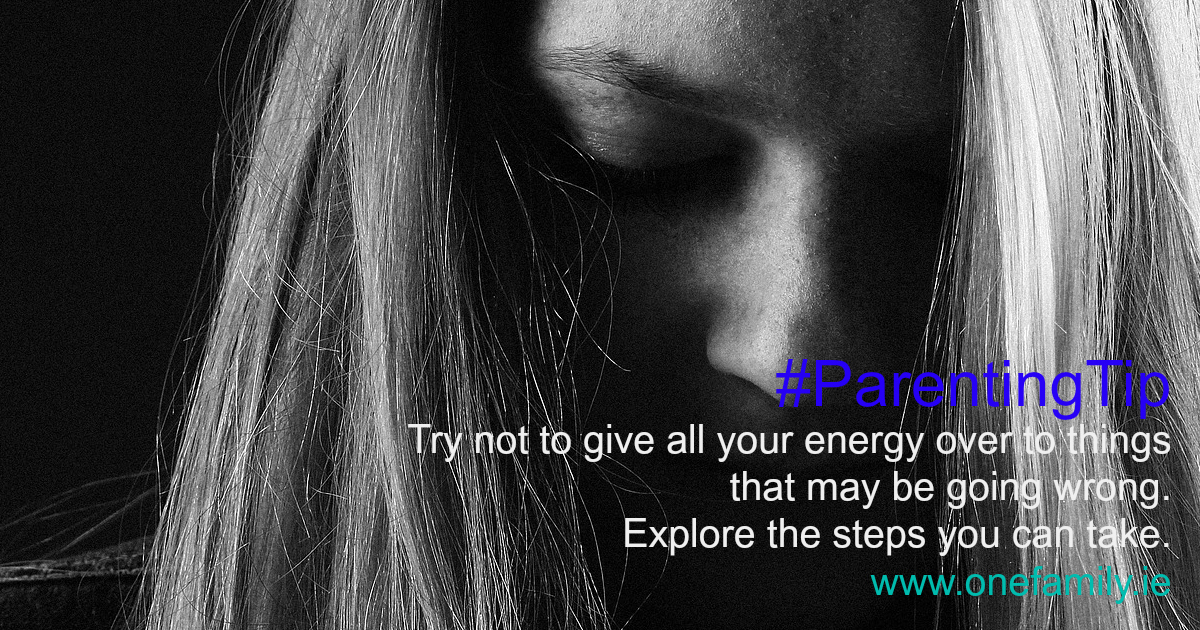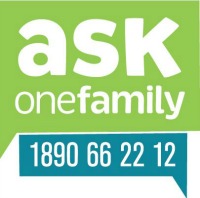Parenting Tips | Creating Christmas memories
Christmas is about creating memories with our children. Regardless of what our parents did, or what our families and friends expect, it is about creating your own traditions.
If you are sharing parenting of your children and it is impossible for both parents to be with their children on the Christmas Day, why not spread Christmas out and make the most of the two weeks of Christmas. Children see the two weeks they are off school as Christmas. This gives us two weeks to create traditions with our children.
Here we offer tips for making the most out of Christmas:
- When it comes to planning, think simple, not extravagant.
- Try baking a cake to leave out for Santa. Children love baking and it can be a very relaxing activity. Or you could consider buying a good value ready-made cake that has not yet been decorated. You can allow your creativity to flow and decorate it together. Your children will be very excited to share it with Santa.
- Use some money that perhaps was allocated for present shopping for a day out at the Christmas panto. It shouldn’t break the budget. From local community halls to the big stage, children will enjoy them all. These are memories that will stay with your child for ever.
- Plan Christmas Eve in advance. Does it need to be so busy? Can part of the day be spent relaxing? There are lots of things you could do. Go for walk in the local park, enjoy the atmosphere. Visit the Christmas markets and enjoy the smells, sights and sounds. Have breakfast together as a family, think back over the year and look forward to the next.
- Try to avoid doing things because just others – whether family members or friends – expect you to. Do what suits your family and enjoy the time with them. Christmas will be over very fast and you will wonder what it was all about otherwise. Christmas is what you make it.
- Don’t be a perfectionist. There’s no need to stress if it does not work out exactly the way you envisaged and planned. Things go wrong sometimes. A sense of bonding between the family is still created.
This article is part of our weekly series of parenting tips, and is by One Family’s Director of Children and Parenting Services, Geraldine Kelly.
For support and information on these or any related topics, call askonefamily on lo-call 1890 66 22 12 or email support@onefamily.ie.




 The Board and staff of One Family wish you and your family a peaceful and joyful festive season.
The Board and staff of One Family wish you and your family a peaceful and joyful festive season.




 askonefamily is a helpline offering information and listening support for men and women who may be parenting alone, sharing parenting or separating. The helpline is also available to extended family, friends or professionals.
askonefamily is a helpline offering information and listening support for men and women who may be parenting alone, sharing parenting or separating. The helpline is also available to extended family, friends or professionals.
















